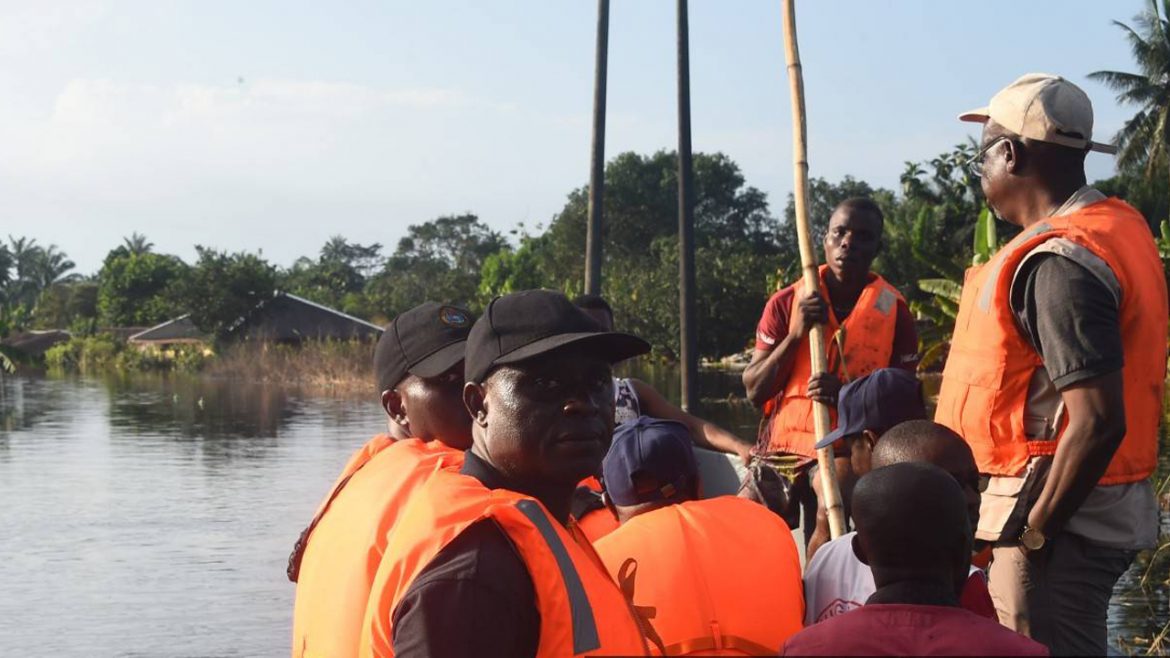In order to be ready for this year’s flooding, Rivers State Government has received advice from the National Emergency Management Agency (NEMA).
In a news interview, Godwin Tepikor, the South-South Zonal Coordinator for NEMA, offered the council.
He urged the government and locals to make use of the annual flood forecast to reduce and prevent property and human casualty losses through effective coordination, flood early warning systems, and public awareness efforts.
According to Tepikor, 15 councils in Rivers State have a high risk of flooding, citing the Annual Flood Outlook for the year published on February 17 by the Nigerian Meteorological Agency (NiMet).
According to his Nimet projection, floods would occur in Port Harcourt, Obio Akpor, the Orashi region, and the Ogoni territories between April, May, and June.
He claims that some councils will, as expected, be in moderate danger of flooding. These councils include Degema, Ogu/Bolo, Khana, Opobo/Nkoro, Akuku-Toru, Omuma, Etche, and Emohua.
Read Also: nigerian-govt-vitol-sign-50-million-joint-venture-climate-pact
Ahoada East, Ogba/Egbema/Ndoni, Andoni, Bonny, Tai, Asari-Toru, Eleme, Ahoada West, Abua/Odual, Port Harcourt, Obio/Apkor, Ikwerre, Gokana, Okrika, and Oyigbo councils are among areas expected to be at high risk for flooding.
He said: “From the prediction, some councils are expected to experience flooding from April, May, and June this year. As we go along this month, it is expected that there will be heavy rainfall, which will herald flooding.
“I want to advise that government and residents should take advantage of the yearly flood outlook to mitigate and avert losses of life and property through adequate coordination and flood early warning and sensitization campaigns.”
He also urged the government and the populace to get ready for an evacuation to higher ground and advised the desilting of drainages and water channels to allow the free flow of water. He also gave advice to all relevant frontline responders to step up their preparedness efforts to carry out early warnings targeting vulnerable communities.
Story adapted from The Guardian
